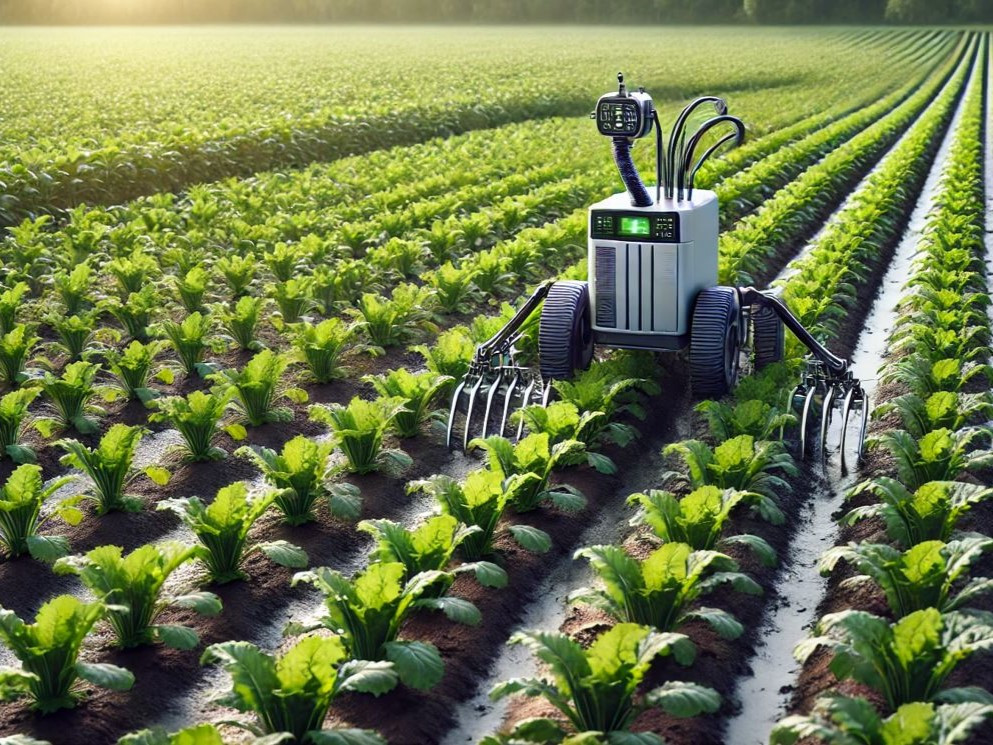Overview
The service is designed to provide support for validating the design and functionality of robotic systems in specific testing environments. The scope of the service includes peer feedback on the robot's design to identify ways to improve its design to maximise the benefits of robotic work in high-value crops or high-risk testing environments. This may include suggestions for changes to parts of the robot, its control systems, sensors, or general recommendations to ensure safe and efficient work with high-value crops. (plants).
More about the service
How can the service help you?
How the service will be delivered
Service customisation
- Lukasiewicz Poznanski Instytut Technologiczny (L-PIT) | Website
